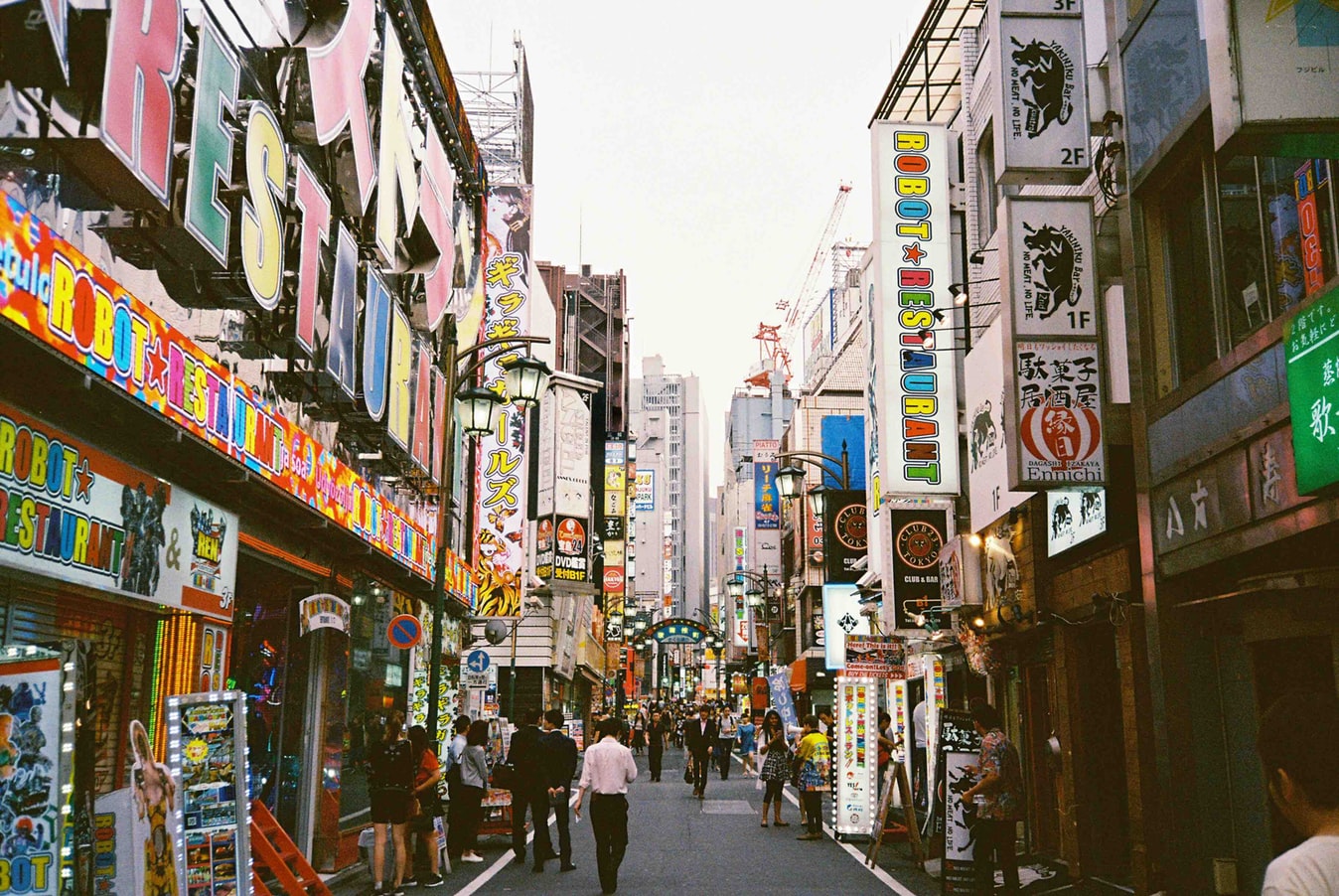
This article aims to discuss the importance and merits of initiating discussions about tourism in terms of consumption. This is especially important since, more often than not, tourism is presented as something that is constituted mainly, if not entirely, by leisure and enjoyment.
In this context, reframing discussions in terms of consumption has the advantage of encouraging both tourists as well as professionals in the industry to plan for safe, sustainable, and accountable consumption. This call for cooperation is also beneficial because it does not alienate tourists or place the blame and onus squarely upon them. Instead, it illustrates that true change can occur only if tourists and industry professionals act in concert. In effect, this approach focuses on the dimension of responsibility, which is central to the ethos of sustainable tourism.
Being Realistic About Sustainable Tourism
Although tourism is considered an important economic activity by all parties concerned, it is essential to recognize that sustainable tourism does not involve the complete elimination of tourism’s adverse effects—be they environmental, socioeconomic, or political. This is not to say that the adverse effects of tourism cannot be alleviated. On the contrary, this realization allows us to better examine the way things really are and look for relevant, employable measures.
Additionally, this realization also enables us to effectively counter arguments put forth by detractors of sustainable tourism, especially claims about the futility of the efforts aimed at making tourism sustainable. In other words, this realization allows us to work toward attainable goals rather than adopting either a pessimistic outlook or an excessively idealistic one, which can also be equally debilitating.
Unsustainable practices and overtourism are arguably the biggest impediments to maximizing the benefits of tourism. In fact, as things stand, unchecked tourism might not only jeopardize a gamut of resources directly related to tourism but also those that are not directly related to it; some would even argue that rampant, unchecked tourism has already endangered natural resources.
Tourism, it must be said, is a complex thing: it is, simultaneously, both a threat and an opportunity, which makes regulation all the more necessary. Fortunately, however, regulatory measures do not necessarily have to be implemented top-down—that is, they do not have to be initiated, planned, tested, and implemented by governments.

The Importance of Simple Measures
Tourism is in dire need of swift, direct action, and given the number of tourists and industry professionals (one in five jobs created worldwide in 2017 were tourism-related, and as of 2018, the number of international tourist arrivals stands at a staggering 1.4 billion), the impacts of positive change are likely to be humongous. Which means we do not necessarily have to wait for lobbyists to influence public policy.
We, as tourists and industry professionals, have the opportunity to lead the way with simple measures. Perhaps the biggest advantage of simple, straightforward measures is that they can be modified to suit diverse geographic and cultural needs. This is especially crucial since there really isn’t a universal solution to problems engendered by tourism and overtourism. Simple measures are flexible and particularly amenable to tweaks and improvisations. Here are a few ideas we can all adopt:
There is in fact quite a bit tourists and travelers can do to make their vacation a little more sustainable.
1. Research before you visit.
We can research the places we’d like to visit. This involves familiarizing ourselves with the sociopolitical, cultural, historic, and ecological aspects of our destination. It is also critical to know whether tourism, too, has spawned particular problems in these regions. We could try and not add to this. Being prepared certainly does not solve the problem, but it may at least equip us with vital information and make us appreciate the need for change and ethical action.
2. Choose better forms of transportation.
We can walk or cycle to destinations that are not too far. Alternatively, we can utilize public transportation or other forms of communal transportation such as carpools or buspools. Seen in the context of the amount of fossil fuels required for tourism-related transportation, these simple measures are perhaps the need of the hour. For instance, this study notes that 72 percent of tourism’s carbon dioxide emissions come from transportation. Ensuring sustainable mobility, therefore, may be one of the best ways to make tourism sustainable.
3. Make sustainable tourism the norm.
Similarly, tour guides, hotel and restaurant owners, and other industry professionals can do their bit to emphasize the need for sustainable, conscientious tourism. The internet has not so much rendered pamphleteering obsolete as it has transformed it.
It would be deeply beneficial to make critical information easily accessible in the form of tips and friendly suggestions. This includes information such as things tourists are expected to avoid, things they are encouraged, obligated, or even required to do. Which means it is equally important to shed light on practices that constitute unsustainable tourism.

Proactive Regulation: Creating Conscientious Tourists
Why proactive regulation? Because it might just drive home the point that if we have the right to travel then we also have a duty to be conscientious tourists. In effect, proactive regulation places equal emphasis on duty. This is especially salient given the proliferation of growth-oriented public policies. As Miller and Spoolman argue in their work titled Environmental Science, the biggest impediment to sustainable living is our emphasis on economic growth. Growth, they argue, is only a partial measure. The rabid pursuit of growth alone does not and cannot ensure quality of life, sustainable living, or development.
This may be a hackneyed argument, but it is deeply relevant in the context of sustainable tourism. Governments that rely on tourism for swift economic growth typically focus extensively on numbers.
They actively aim to attract more and more tourists and are characteristically averse to regulation. This not only endangers the destinations they aim to promote but also threatens tourism itself. Which means excessive focus on growth is deeply counterproductive and self-destructive. Governments will also have to deal with large-scale unemployment if tourism becomes impossible.
Observers who call for proactive regulation typically suggest either limiting the number of tourists or cordoning off tourist spots for short durations for maintenance and replenishment. There is considerable heft in this argument. Some of its merits are as follows:
Contrary to popular belief, an off-season may not necessarily mean temporary loss of income or jobs. Instead, industry professionals could be employed to implement and test shortlisted maintenance measures.
Additionally, the off-season could also be used to train industry professionals to create awareness about the need for sustainable tourism.
As one can see, tourists and industry professionals have the unprecedented opportunity to be exemplars, to lead the way not necessarily with drastic action, but with simple measures.






